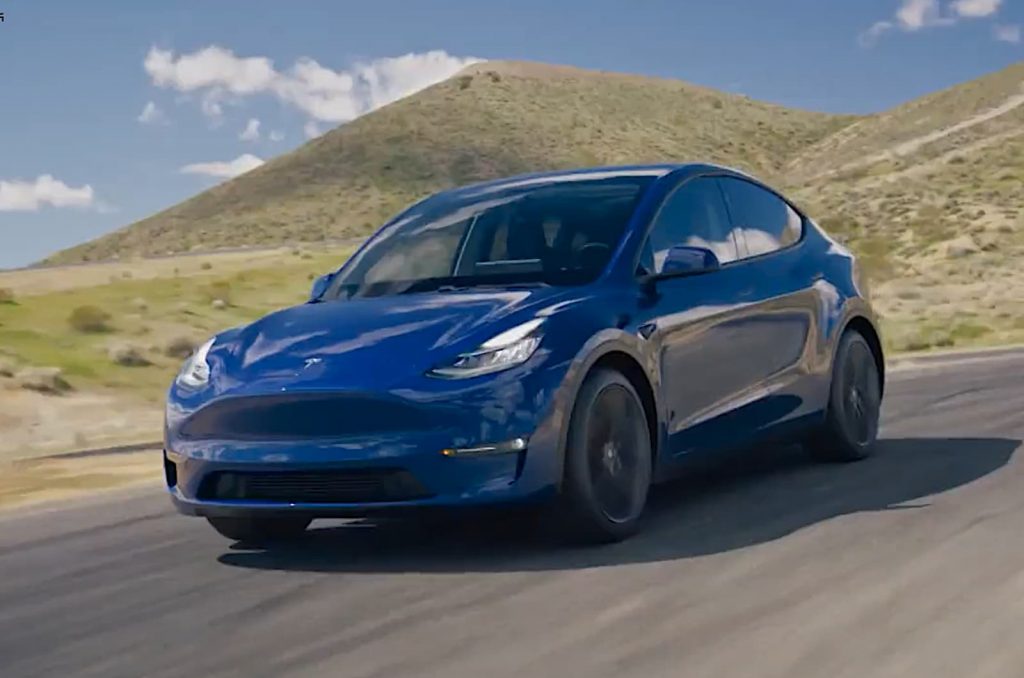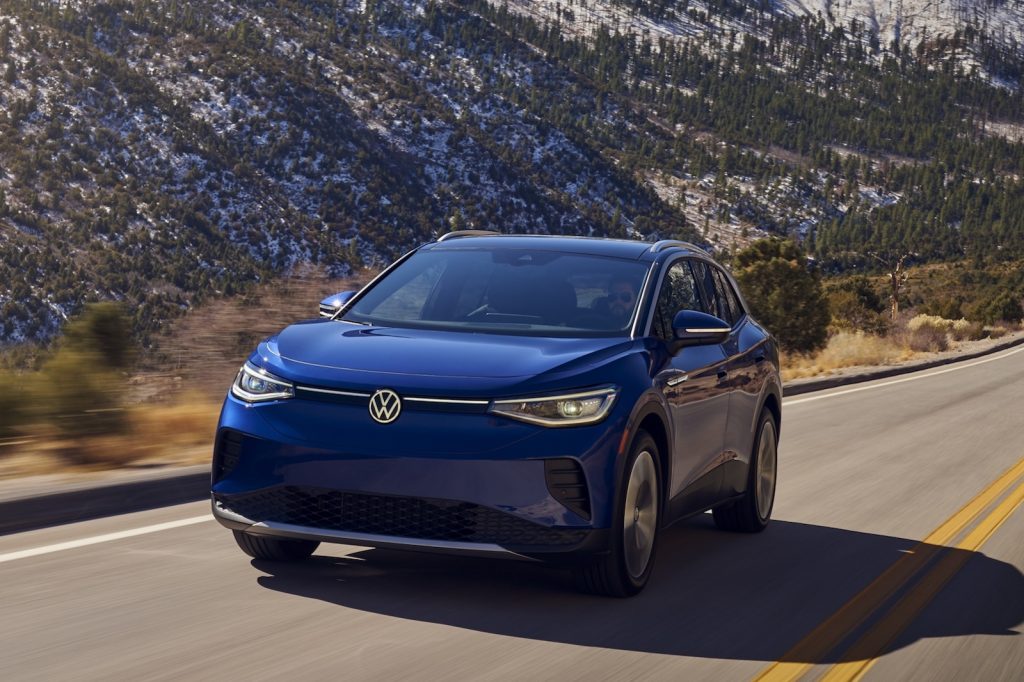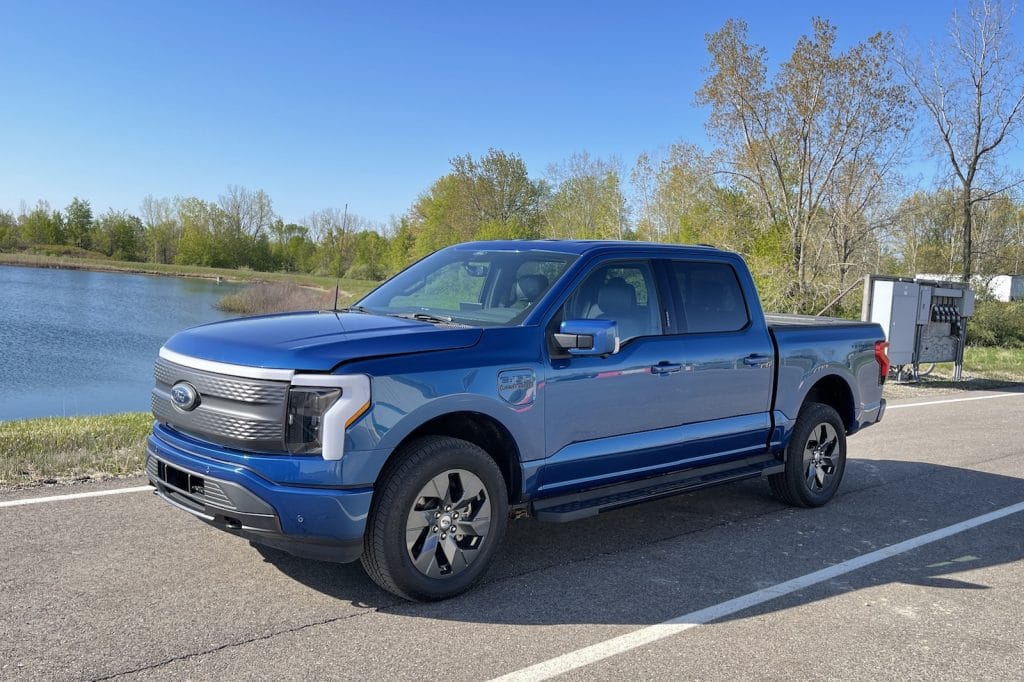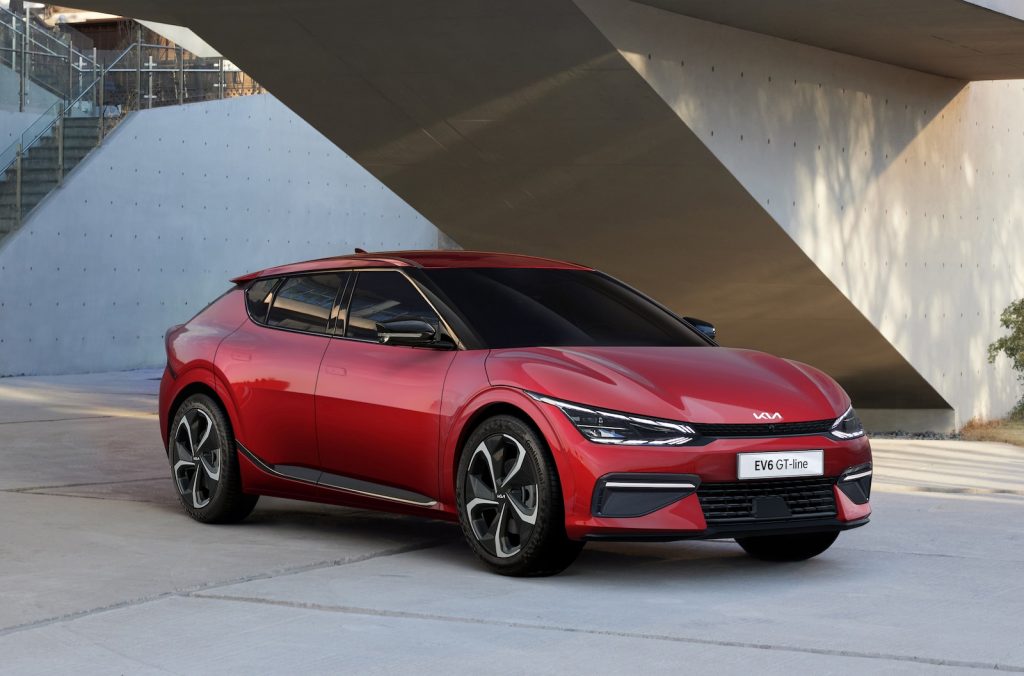Compared to markets like Europe and China, the U.S. has been slow to embrace battery-electric vehicles, though sales have begun to rise rapidly as a wave of new, long-range products comes to market — and there are signs that Americans, in general, are beginning to embrace the idea that BEVs are the future of the automobile.

Nearly half of U.S. adults support the idea of phasing out vehicles using internal combustion engines, according to a new report by the Pew Research Center. A narrow majority, 51%, still oppose the idea, but the trend is moving in the direction of EVs, based on earlier studies.
The Pew study finds a generational gap that appears to underscore the continuing shift. Solid majorities of Gen Z and Millennial adults supposed a phaseout, though such a proposal is backed by only 38% of Baby Boomers and older generations.
U.S. lags behind
The idea of phasing out gas and diesel-powered vehicles is one that regulators worldwide have begun addressing. Britain and Norway expect to be entirely electric by 2035, with several other European countries considering similar measures. China wants a quarter of all vehicles sold by 2025 to be powered either by all-electric or plug-in hybrid technology.

Pure BEV sales in Europe and China now have pushed towards double digits. In Norway, the number averages more than 50% of total new vehicle sales. In the U.S., however, battery-electric vehicle sales have yet to reach 3%, but the trendline is ramping upward. During the first quarter of this year alone, sales jumped by 45%.
That’s reflected in the new Pew study that found four in 10 Americans, or 39%, saying they will seriously consider purchasing a BEV the next time they’re in the market. On the flip side, 46% told researchers they aren’t expecting to go with an electric vehicle.
Increased EV availability could shift attitudes

Industry analysts believe attitudes will continue to shift more in favor of BEVs — and other electrified products, including conventional and plug-in hybrids — as more products come to market. Recent months have seen the launch of such BEVs as the Ford Mustang Mach-E and Volkswagen ID.4. The next 12 to 18 months will add offerings such as the Cadillac Lyriq, Ford F-150 Lightning, Tesla Cybertruck, GMC Hummer and Toyota bZ4X. By 2025, some forecast, there will be more than 100 all-electric models available in U.S. showrooms.
For the growing number of manufacturers entering the market, the good news is that early EV adopters are generally ready to remain loyal. The Pew study found that nearly three out of four owners will trade in one electric model for another — 43% saying they will “very likely” to do so, 29% saying they are somewhat predisposed.
Another positive finding: a solid two-thirds of American adults, or 67%, say electric vehicles are better for the environment than those running on gas or diesel.

On the downside, a nearly equal number raised concerns about the higher cost of BEVs. And many Americans — about 34% — said they believe electric vehicles are less reliable than comparable gas models.
The emotional quotient
Functionality alone doesn’t sell automobiles, however. The auto industry has long recognized the need to appeal to buyers’ emotions. The Pew study found 62% of those surveyed saying that the driving experience is about the same, whether in an electric or gas vehicle. Vehicles with internal combustion engines were favored by 21%, while BEVs were favored here by 13% of those surveyed.
Time clearly seems to be working in favor of EVs. When asked whether they favor a phaseout of gas and diesel vehicles by 2035, just 38% of Boomers and even older Americans agreed with the idea. Among Gen X and millennials, however, support was solidly in the majority, at 56% and 57%, respectively.
BEV proponents are betting that as more new electric vehicles come to market — and as a nationwide charging network falls into place — support for battery-powered cars will continue to accelerate.








Nearly half? LOL. So what?
Everyone thinks their neighbors should buy EVs.
Half….thanks for the daily dose of lies. Enjoy summer
Let’s get it straight: news you don’t like is a “lie.” BS you do like becomes “true”?
Paul A. Eisenstein
Publisher, TheDetroitBureau.com